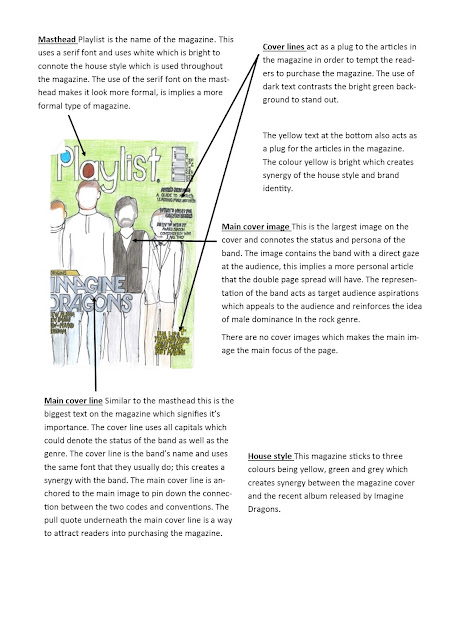Q1)
What is a conglomerate?
A conglomerate is the combination of two or more companies operating in different industries, often a multi industry: company involving a parent company and subsidiaries (for all companies involved in media). For example:
Virgin
- virgin banking
- virgin holidays
- virgin broadband
- virgin orbit
- virgin atlantic
- virgin radio
- virgin rail
- virgin hotels
- virgin mobile
Disney
- Marvel
- Lucasfilm
- Pixar
- Walt Disney studios
- ESPN
- ABC
- Walt Disney parks and resorts
- shopDisney
- Disney radio
BBC:
- BBC weather
- BBC radio
- BBC news
- BBC studios
- BBC music
- BBC films
Easygroup
- Easy cinema
- Easy jet
- Easy hotel
- Easy bus
- Easy cruise
- Easy pizza
Q2)
What is an independent company?
An independent company is a business that is free from outside control. They are usually privately owned. For example:
Aardman animations:
- founded in 1972
- founders: Peter Lord and David Sproxton
- headquarters: Bristol, England
- animation company
movies:
- Chicken run (2000)
- Wallace and Gromit (2005)
- Flushed away (2006)
Sumo digital:
- founded in 2003 following the closure of Infogramesand Gremlin interactive
- 500 employees
- game development studio
- based in Sheffield, UK
videogames:
- Sonic and sega all-stars racing (2010)
- Littlebigplanet 3 (2014)
- Snake pass (2017)
Warpfilms:
- founded in 1999
- founders: Steve Beckett and Rob Mitchell
- headquarters: Sheffield and London, UK
- film and TV production company
movies:
- Ghost stories (2017)
- This is England (2006)
- Four Lions (2010)
Q3)
How could independent companies be at a disadvantage compared to conglomerates in regard to ownership?
Independent companies are privately owned so they sometimes have to rely on joint ventures with other companies to distribute and exchange products. This shows that independent companies can only produce products which they specialise in.
Q4)
Examples of contemporary cross media conglomerates are shown in the infographic below:
4.a)
What is a cross media company?
A cross media company is a company that owns properties across multiple platforms. For example: Disney owns property in TV, film, holiday resorts and cable.
4.b)
What subsidiaries does 21ST Century Fox own?
21ST Century Fox subsidiaries are: FOX, FOX News, FX, National Geographic, joint venture channels, 20TH Century Fox and BSkyB.
4.c)
How can this type of ownership impact a conglomerate compared to an independent company?
A conglomerate has subsidiaries in different sectors which gives it greater revenue. Due this the company can use it's subsidiaries to promote and distribute it's product. However an independent company has to rely on join ventures to promote and distribute it's product.
Q5)
What is the purpose of a company that is described as commercial?
A company described as commercial uses normal accepted business practices and operates to make a profit from the products they make.
Q6)
The BBC is classified as a public service broadcaster. Using the article 'Inside the BBC', answer the following questions:
6.a)
What is the purpose of a public service broadcaster?
The purpose of a public service broadcaster is to make content for the public rather than commercially.
6.b)
What is the mission statement of the BBC?
It's mission statement is to produce content that informs, educates and entertains.
6.c)
How is the BBC funded?
The BBC is funded by the licence fee paid by UK households.
6.d)
How does the BBC have cross media ownership?
BBC owns 9 national TV channels, 10 national radio stations, 40 local radio stations, online services and magazines.
Q7)
What is a joint venture?
A joint venture is when two or more companies collaborate to make a product, for example: Film4 and Warp films collaborated to make the movie Four Lions (2010).

